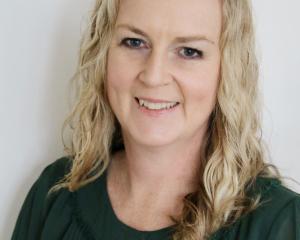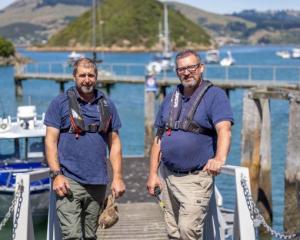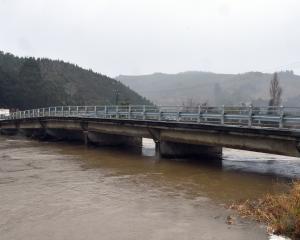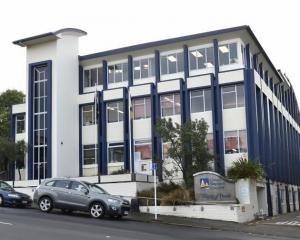Otago Regional Council's approach to water quality and allocation has been validated by the latest Land and Water Forum report, chairman Stephen Woodhead says.
However, the council did have concerns about some of the report's recommendations, especially those relating to trading water and allowing its "highest-value use" to dominate, chairman Stephen Woodhead said.
In other countries such as Australia and the United States such approaches have had huge societal costs and left large tracts of land dry and not able to be farmed.
"Some of the recommendations do not fit our driest area, Central Otago."
Primary Industries Minister David Carter said the report, the forum's third, would be considered by the Government and its conclusions fed into its freshwater reform programme.
Forum chairman Alastair Bisley said the report recommended integrated decision-making in catchments, continuous improvement of management practices and clearer rights to take and use water, within set limits.
"We call for community decisions at catchment level - with national frameworks and bottom lines from central government."
Sector good-management practice schemes and audited self-management schemes would play a key role.
"Water available for users once limits have been set should be allocated with long-term economic welfare in mind."
Regional councils with their communities would need to identify specific sources and consider the most appropriate mix of methods and tools to achieve the objectives they set.
Mr Woodhead said if the report was adopted in whole by the Government, then Otago had nothing to worry about but if it decided to take a nationally consistent approach it would create problems for the region.
"One size does not fit all." The report's calls for more research into water quality and the environmental tools needed to ensure it, were welcomed, he said.
"The focus has been on production for too long. Research into tools landowners can use and environmental best practice is needed."
While some had criticised Otago's approach for being neither collaborative nor catchment-based, the council believed it was both those things, just approached with an "Otago flavour".
"We have always used the collaborative approach and encouraged the use of best-management practices . . ."
The council was supportive of longer-term consents for large projects.
Green Party water spokesman Eugenie Sage said there were two glaring omissions in the report: the lack of crucial national environmental standards for water and no charges for commercial use of water.
"Such standards are essential to determine controls on land use and limit how much nutrient and other pollutants can go into waterways." More than half the country's monitored rivers were unsafe for swimming, one-third of lakes were unhealthy, and two-thirds of native freshwater fish were at risk or threatened, she said.
"A charge on irrigation water is an effective price signal to more efficiently allocate a scarce resource." The report suggested creating a market for water rights by making them tradeable, but that would just further complicate water management, she said.
"This report shows irrigators and agribusiness got a lot of what they wanted but without having to balance that with measures like having to pay for the water they use or agree to key regulatory controls, which are missing."












